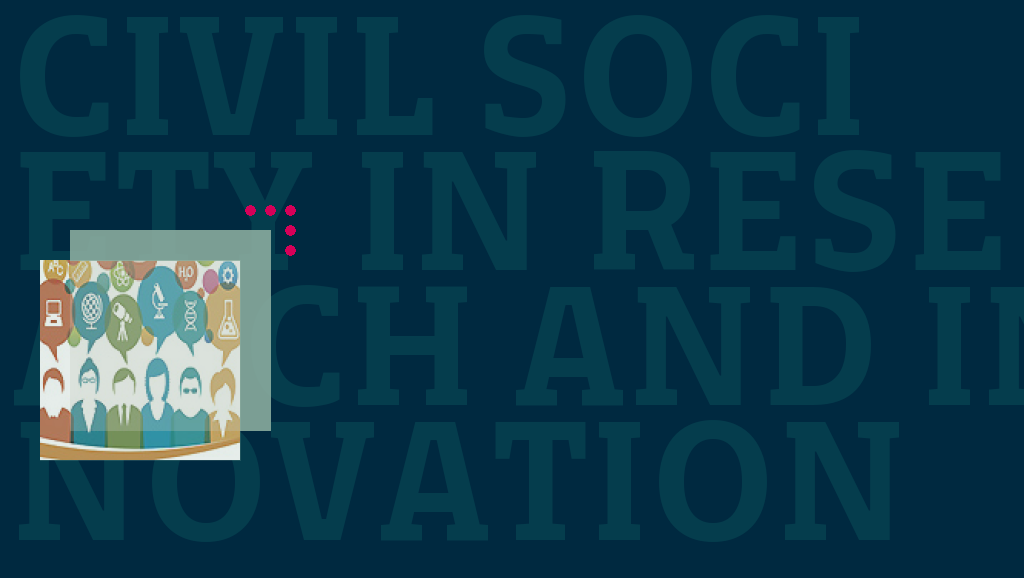Representatives of the Bassetti Foundation recently participated in the Civil Society in Research and Innovation: What’s next? Event at the European Economic and Social Committee in Brussels. The event was held on 28 January and promoted by the European Economic and Social Committee (EESC) and the CONSIDER project (Civil society organisations in designing research governance), and was a follow up on the previous Consider Conference that Bassetti Foundation Foreign Correspondent Jonathan Hankins also attended.
The event aimed to highlight work undertaken by EESC and the CONSIDER consortium and to stimulate debate between representatives of the main stakeholder groups involved in civil society in research. The EESC has contributed to the development of evidence-based research policy in Europe and its member states.
After an introductory video presented by EC Commissioner for Research, Science & Innovation Carlos Moedas (available here), President of the EESC Henry Malosse took the floor. Malosse raised the question of what the EU can do for entrepreneurs and businesses, arguing the need for a wind of change across all EU departments. He went on to discuss how responsible research could be defined, arguing that it must be the European citizens who decide upon a suitable definition, but that they must be equipped with the tools to complete such a task. They must come to understand (above all) which type of research is conducted and why, and he argued that the concept of the citizen voice should be developed. He summarized his argument saying that the goal must be to make cross border exchange of information and technology work.
The second speaker in the opening session was Mr Vladimír Šucha, Director General of the Joint Research Centre of the European Commission. Šucha argued for the important role that civil society labs could play as people use them to learn through experiment in a lab setting about the implications of new science and research developments. He stressed the importance of interactivity, describing a 3 element cycle: society, individual and field. He also stressed the importance of citizens in policy development.
The speaker went on to discuss the role of the media in science reporting in the US and Europe, offering comparative statistics between the two areas. The differences highlighted are quite astounding, with a ratio of 5:1 in terms of science reporting. In the US there is 5 times as much reporting of science in the main stream press as in Europe. He concluded by outlining the importance of citizen science approaches in driving innovation forwards, citing forest fire reporting through Twitter and traffic reporting through social media as examples.
The second session revolved around the positions of the ESRC and Consider in Responsible Innovation.
CONSIDER project coordinator Bernd Stahl opened the session, describing the Consider projecting and presenting some of its findings. The main questions and arguments revolved around the positions that CSO’s could take in projects. He argued that they add a lot to projects that they participate in, describing them as good in communication and at bridging the gap with the general public. He argued that policy makers need to redefine scientific excellence so that the goals of working towards a better society could be better reflected.
Mr Gerd Wolf, Member of the EESC and Rapporteur of the EESC opinions on R&I then took the floor. He began by saying that some of his opinions differ from those previously heard. He argued that experts (let alone the general public) do not understand the importance of new developments, and so it is impossible to judge the impact of innovation. He argued that society needs better scientific knowledge and that more science is needed in schools in order to better equip society to deal with such questions. He also stated that the Committee he works within does not think that it is appropriate to establish the concept of responsible conduct exclusively and explicitly in relation to responsible innovation.
Two panel session followed. In the first the major conclusions were that more science education is needed in schools but that impact and objectives for science should be better defined. There was also general consensus that science should be free from political manipulation and better communicated to the general public.
The second panel raised the issue of alignment of interest between CSOs and academia, MEP Herbert Reul went on to question the legitimacy of the entire RI project from a (disputable) democracy stance, and there was little consensus about the positioning of RI now that it has become both an academic pursuit and a bureaucratic necessity for those who have to award funding to research projects.
Proceedings were wrapped up with a closing speech in two parts, the first by André Martinuzzi, Head of the Institute for Managing Sustainability, WU Vienna University of Economics and Business and the second part delivered by Martin Siecker, President of the Section for Single Market, Production and Consumption, EESC.
Fullparticipation list is available through the EESC website linked above.
———————
















